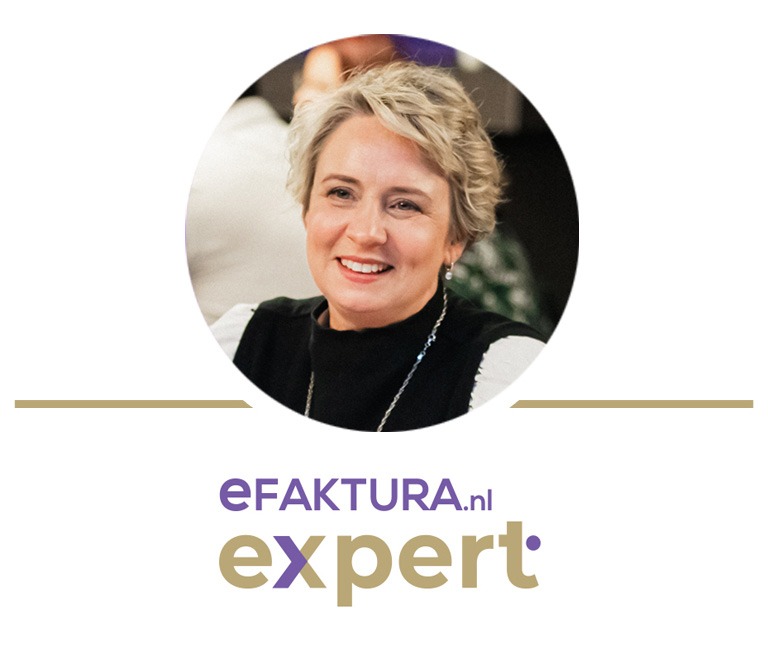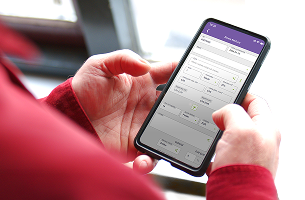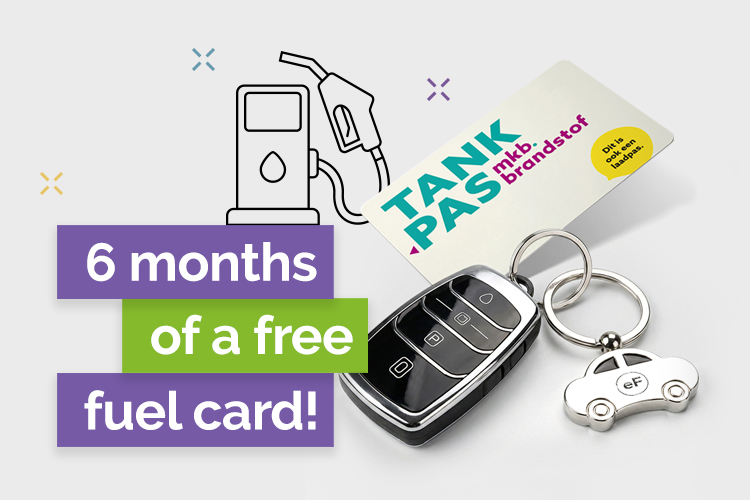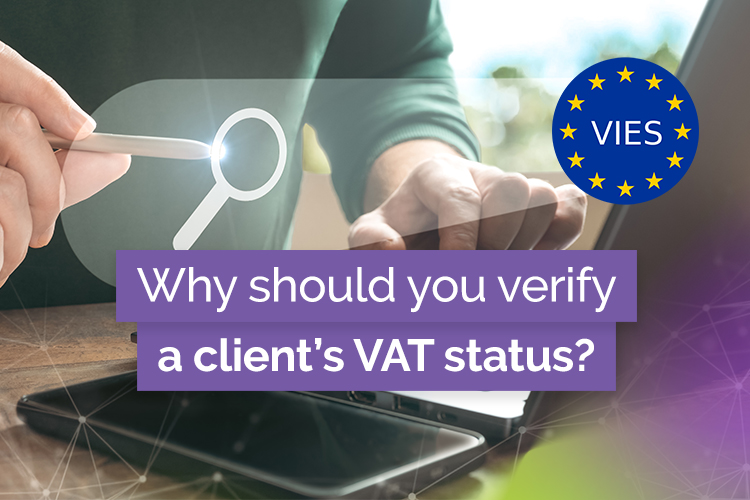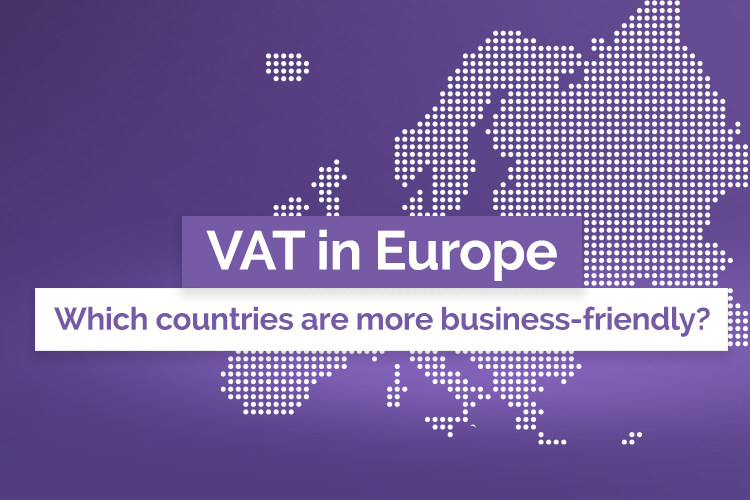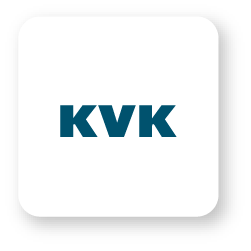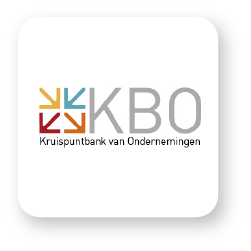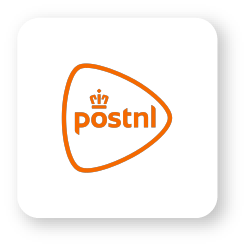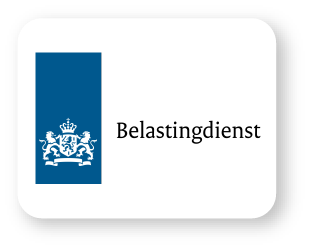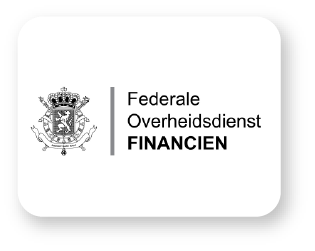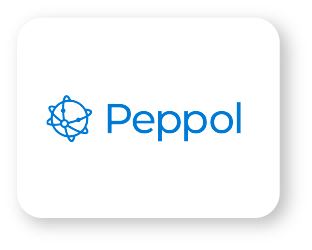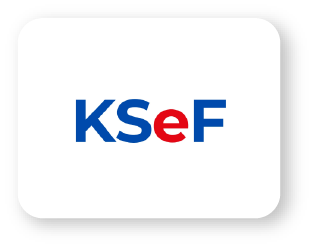Is It Worth It for a Woman to Start a Business in the Netherlands?
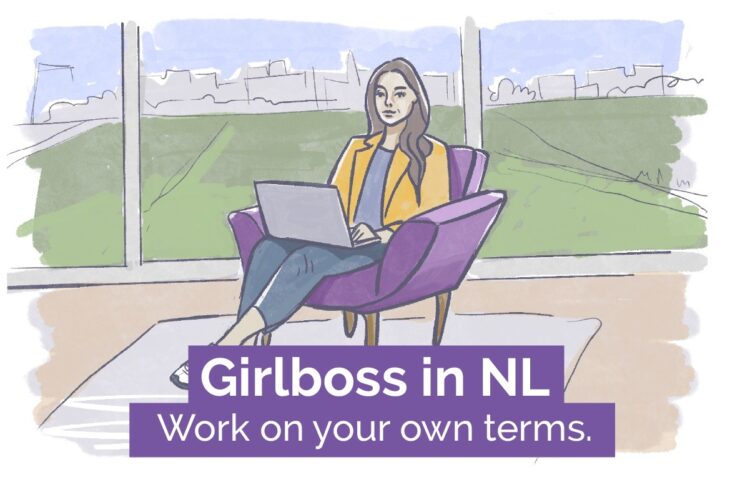
More and more women in the Netherlands are choosing to start their own business instead of working a regular job. In 2023, 37% of self-employed people were women, and this number is still growing (CBS, 2023).
What benefits can women expect when starting their own business? What challenges might they face? We asked Luiza Niens, an accounting and business consulting expert from TNP Advies, to share her insights.
Why Do Women Start Businesses?
Many women choose entrepreneurship for greater independence—both financially and socially. Running a business also offers flexibility, allowing them to balance family responsibilities with professional ambitions.
Sometimes, starting a business is the only reasonable solution. For example, after moving to the Netherlands, some women find that their qualifications from another country are not officially recognized.
Owning a business gives women more control over their careers and lives. It also helps them develop a wide range of skills—such as management, negotiation, and marketing—while building self-confidence.
Luiza Niens: “I meet women who realize that what they did for an employer, they can do for themselves—earning more and growing on their own terms.”
Most Popular Business Forms for Women
The most common business structure for women in the Netherlands is ZZP (Zelfstandige Zonder Personeel)—a sole proprietorship that offers high flexibility and is easy to manage.
Luiza Niens: “Registering a business with KvK is simple, but it’s important to know the responsibilities that come with it. Every ZZP’er must file tax returns, handle VAT (BTW), keep proper financial records, and pay health insurance contributions independently. I always recommend seeking professional advice at the beginning to avoid mistakes.”
If annual turnover does not exceed €20,000, women can apply for the KOR (Kleine Ondernemersregeling) tax relief. This exempts them from charging VAT (BTW), making it a great option for those testing a business idea without additional tax obligations.
Learn more about the KOR scheme here.
Another option is becoming a meewerkend partner (working partner). If a woman helps in her partner’s business but does not own a separate company, her salary can be treated as a business expense—reducing the partner’s taxable income.
Luiza Niens: “If a partner pays their spouse more than €5,000 per year, this income must be reported for tax purposes. However, if the amount is lower, they can use a special tax exemption to avoid taxation.”
What Are the Benefits of Running a Business?
Having a business is not just about financial independence. It also leads to personal growth and greater self-confidence.
✔ Work on your own terms – decide when and how much you work.
✔ Higher earning potential – your income depends on your efforts, not a fixed salary.
✔ Self-directed career growth – focus on what interests you instead of following an employer’s expectations.
✔ Skill development – running a business teaches entrepreneurship, marketing, negotiation, project management, and financial planning.
Luiza Niens: “I know many women who were afraid to take this step. But after a few months, they said: ‘I had no idea I was this strong!’ Entrepreneurship often reveals skills we never knew we had.”
Motherhood and Business – Is a Regular Job Safer?
Many women wonder how running a business will affect their situation if they become pregnant. For some, this is the biggest concern and a reason to hesitate.
Since 2008, self-employed women in the Netherlands can receive ZEZ (Zelfstandige en Zwanger-regeling) maternity benefits. This lasts at least 16 weeks and is paid by UWV (Uitvoeringsinstituut Werknemersverzekeringen).
The amount depends on the previous year’s income but cannot exceed the minimum wage. Women must apply no earlier than week 24 of pregnancy and no later than two weeks before the benefit starts.
Luiza Niens: “If a woman has worked at least 1,225 hours in her business within a year, she will receive the maximum ZEZ benefit. It’s important to track work hours to meet this requirement.”
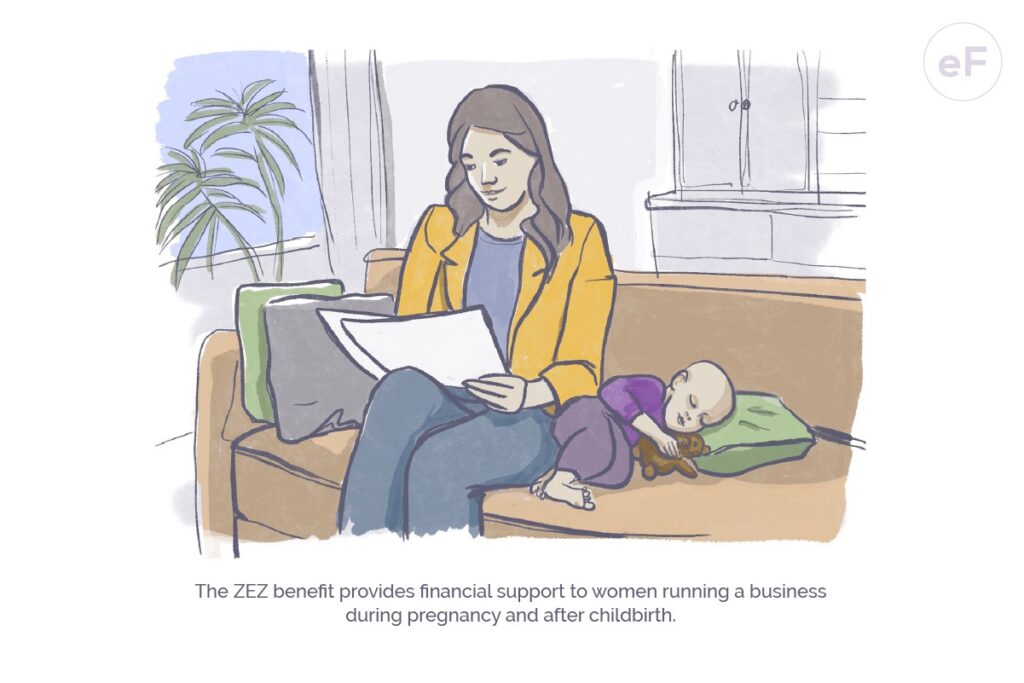
Learn more about ZEZ maternity benefits here.
For comparison, women employed on a contract receive 100% of their salary during maternity leave, which provides more financial security. However, after returning to work, they must follow fixed working hours and accept employer conditions—something entrepreneurs can avoid.
Where Can Women Entrepreneurs Find Support?
Starting a business comes with many unknowns, and having access to reliable information helps build confidence. Learning from trusted sources and experienced entrepreneurs can make decision-making easier.
- KvK (Kamer van Koophandel) – The Dutch Chamber of Commerce offers business registration, tax information, training, and consulting services.
- A good accounting office – Helps with tax returns and provides strategic advice on financial planning. A knowledgeable accountant can optimize costs and support business growth.
- Women’s business networks – Groups like Polish Professional Women in the Netherlands provide networking, career development, and experience-sharing opportunities.
- Educational initiatives and support programs – For example, “Business in Women’s Hands”, a program run by Luiza Niens, helps women build a strong business foundation.
- A good financial management tool – Software like eFaktura.nl simplifies administration, invoicing, and provides valuable tax-related knowledge.
Starting a business requires courage and persistence, but it offers more than just income. It’s also a path to self-development and personal fulfillment.
Luiza Niens: “The most important thing is to start and give yourself time to grow. You don’t need to have everything figured out on day one—what matters is taking action.”
If you have an idea and determination, nothing is stopping you from joining the growing community of women entrepreneurs in the Netherlands.
Luiza Niens – founder of TNP Advies, expert in accounting and business consulting, coach, and mentor for women entrepreneurs.
